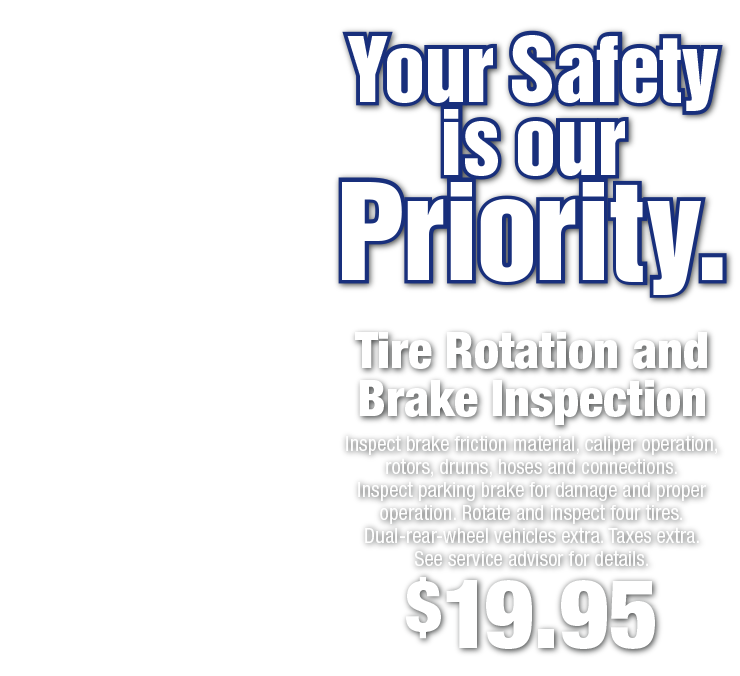How to Know When to Change Your Oil at Auto Lab Troy
June 30, 2020
Today in the Auto Lab Troy auto care blog, we're going to talk to Troy drivers about oil change intervals. It seems that as engine technology advances, oil change intervals become longer for Auto Lab Troy customers. For example, recently four of the world's largest vehicle manufacturer's shortened the published intervals for several of their engine models. They originally published intervals that extended out to a much as 8,000 miles (13,000 kilometers).
In real world Troy driving, the oil started to sludge up before the recommended change interval. Oil sludge is a thick jelly-like substance: quite literally petroleum jelly – like Vaseline. This goop was clogging vehicle small engine passages so the oil wouldn't flow to some parts of the engine. This resulted in engine damage. We see it too often at Auto Lab Troy in Troy.
The vehicle manufacturers began to offer an extended warranty to cover sludge damage. But there was a catch: the vehicle owner had to follow a new, lower service interval and provide proof of oil changes in order to make a warranty claim.
So here's the bottom line for Troy vehicle owners: with longer oil change intervals, it's essential to follow them closely. Back in the day of 3 months or 3,000 miles (5,000 kilometers), if you went an extra month or an extra thousand miles or couple of thousand kilometers, your oil was still fresh enough that it didn't have time to build up much sludge.
But if your recommended interval is 6,500 miles (10,000 kilometers) and you go over another thousand miles or couple of thousands of kilometers, you're getting into heavy sludge territory. You absolutely need to follow mileage intervals very closely. And don't forget your severe service schedule. If you do a lot of stop and go driving in Michigan, short trips, drive in dusty or polluted Troy conditions, hot or cold weather or haul heavy loads, you're driving in severe service conditions. Your Auto Lab Troy service advisor can help you determine which schedule to follow.
So check your vehicle owner's manual or talk with your Auto Lab Troy service advisor about where and how you drive in Troy. Should you change your oil closer to the regular schedule, or the severe service schedule? You need to make the call.
Let me give you an example of this. Some newer vehicles have an oil change indicator. It has a sophisticated computer algorithm that tracks number of cold starts, engine temperature, RPMs, mileage and many more variables to come up with a recommendation for when to change the oil.
Depending on driving conditions, the indicator in one test vehicle came on at anywhere from 2,500 miles (4,000 km) to almost 7,000 miles (11,000 km). It's typically just over 4,000 miles (6,500 km). Sometimes our driving is easy on the vehicle – like a long road trip. Sometimes, our driving is hard on it – like towing a heavy trailer or a lot of around town driving. But, usually, it's a combination of both.
Once again, it's up to you to make the call as to when to change your oil at Auto Lab Troy to protect your vehicle engine. Another place where Michigan drivers can go wrong is with the type of oil they use. More and more new cars are coming to Troy owners filled with synthetic oil. Without going into a lot of detail right now, let's just say that synthetic oil lasts longer and is very resistant to oil sludge.
But it also costs quite a bit more, so some people are tempted to use conventional oil for their oil changes. Now, it's always best to use the oil recommended by your vehicle manufacturer. Check your owner's manual see if a conventional oil alternative is allowed.
But getting back to the problem, if your vehicle came from the factory with synthetic oil, the recommended oil change interval is for synthetic oil. If you use conventional oil, you can't use the synthetic interval. You need to shorten it.
Auto Lab Troy
2790 West Maple Rd.
Troy, Michigan 48084
(248) 643-7690
Need Service?
More articles from Auto Lab Troy

It's (Not) Complicated (Engine Air Filter)
December 22, 2024
While many components of your vehicle are complex and composed of lots of mechanical and electrical parts, there's one that isn't complicated but still important. It's your engine air filter. (And, we should point out, the engine air filter isn't to be confused with the cabin air filter. The ca... More

Putting a Stop to Brake Problems (Brake Service)
December 15, 2024
It's safe to say that most drivers take their brakes for granted. You press on the brake pedal and the vehicle slows down or stops. It's easy to see why it is so important for your vehicle's brakes to be working correctly. Brakes are an important safety feature of any vehicle. When it comes to... More

Why is Air Not Coming Out of My Vents?
December 8, 2024
You climb inside your vehicle, start the ignition, and reach for the fan control for the heating or air conditioning. But when you try to crank it up, no air comes out of the vents. It can make for a very uncomfortable trip, whether its hot or cold outside. Its important for the comfort of you a... More










